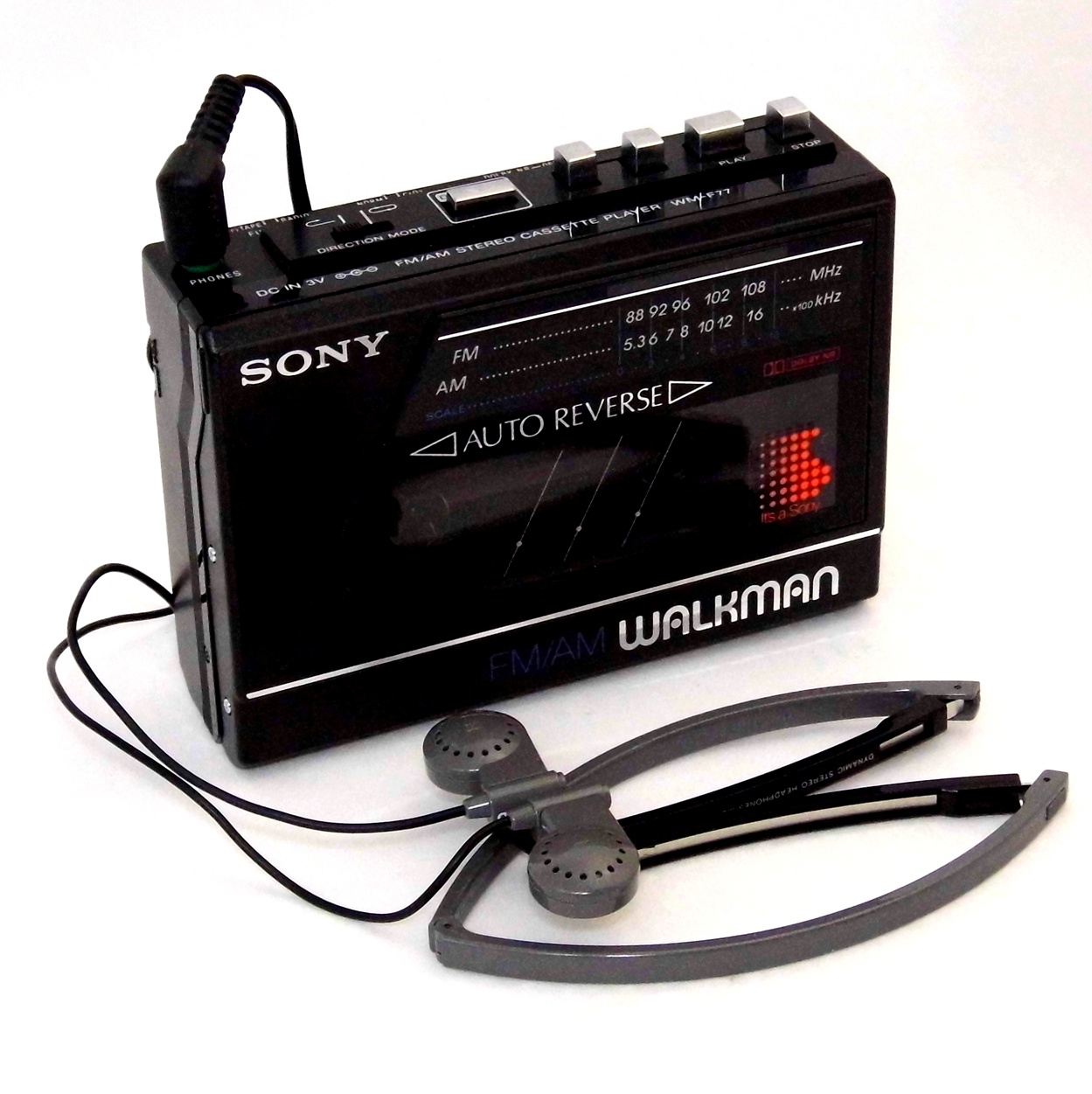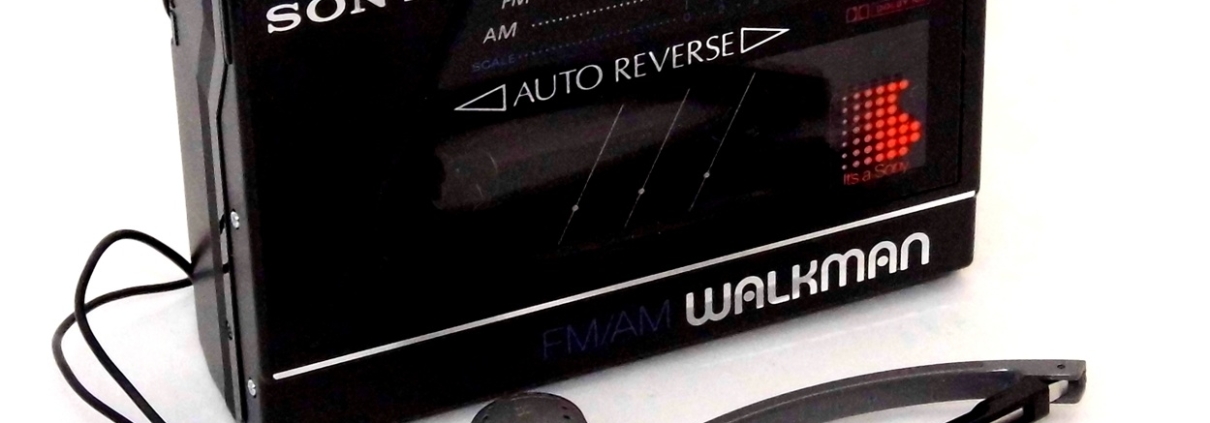ERP Solutions Help Pallet Companies Evolve

ERP Solutions Help Pallet Companies Evolve
Products and technologies come and go; it’s the relentless march of progress. Think about products like the Sony Walkman or the VHS player. Wildly successful for a moment in history, but ultimately, each one was replaced by a better mousetrap (so far).
Then we have the enduring wooden pallet. To the average observer, the pallets of today don’t look much different than the ones that were stacked up beside the neighborhood Blockbuster Video 20 years ago. The thing that has changed, however, is the wooden pallet industry itself.
The pallet business has become increasingly complex, technology-enabled, and relentlessly customer-focused. One technology, in particular, is helping more and more operators to successfully manage that complexity, and that’s ERP – Enterprise Resource Planning software. Let’s take a closer look.
What is ERP Software?
ERP is an acronym for Enterprise Resource Planning, but it is a name that doesn’t offer much insight into what ERP is, and why it is being increasingly embraced by successful pallet companies.
Consider all of the essential processes in operating a manufacturing business, such as inventory and order management, human resources, accounting, and customer relationship management.
Simply stated, ERP is the “brain” that integrates these various activities into one complete system. As a result, information is shared across the entire organization, and processes are streamlined.
Does your business need ERP, and how can it help?
There are telltale signs that your business could be ready to consider an ERP solution. Here are some common ones:
Your business is expanding
If your business is growing, then you just might be an ERP candidate. According to one ERP provider, the leading reason companies show interest is that they have outgrown their existing applications. As the business expands and data volume increases, entry-level software applications may reach critical overload.
ERP software, on the other hand, is designed to store large amounts of data from across the various business functions. Additionally, ERPs are scalable, providing the flexibility to keep pace with your future growth.
Frustrated with duplicate data entry and “pen and paper”
If you are tediously shuffling paperwork and manually entering information, there is a more profitable way to spend your time. “It’s strange to see an industry as big as the pallet industry still using Excel, paper and QuickBooks to run its operations,” one pallet industry ERP provider stated to Nature’s Packaging, “especially the smaller and mid-sized companies of less than 100 employees.”
Because information is only entered a single time into an ERP system, much, if not all, of duplicate processes are eliminated. Even the smallest companies can benefit from an ERP system. Some ERP providers offer a free simple version with limited use.
Meeting customer demands is becoming more difficult
Without a robust ERP, it can be difficult to maintain a high level of timely customer service. With no visibility, the salesperson has to walk into the plant or place a call to find out the status of a particular order. Meanwhile, pallet builders might be working with incomplete instructions, increasing the likelihood of error. In manual systems, order details can be missed or left as assumptions.
With an ERP, however, the manufacturing team can look back at the original order as entered by the sales team. And conversely, sales can easily check the system to verify order status. Pallet companies using ERP stress the value of enterprise-wide visibility of information. Accurate inventory, cost and order file information allows companies to quote with greater clarity and speed.
Your employees expect it
Of course, there is one more important reason to consider investing in ERP, and that’s because employees will increasingly demand it. “As the younger generation comes into the business, they understand the benefits of an ERP system and are much more motivated to have it available to them, the ERP vendor said. “They don’t want to work with paper and Excel. They want to work from their cell phone.”
ERP software is a powerful tool. Beginning with a sales order, it can create production and shipping schedules. It can track production costs, inventory, employee time and production. It can integrate with various accounting programs, and supports integration with programs for drawing or designing pallets such as PDS.
While there are many ERP system providers in the marketplace, there are some that specialize in the wooden pallet and forest products sector. Choosing an industry-specific solution will help minimize the amount of costly and time-consuming customization required prior to installation. And choose a solution that provides ease of use and ready integration with other software.
While the Sony Walkman cassette player is now a museum piece, the wooden pallet continues to play a pivotal role in today’s evolving supply chain. In the background, technology solutions such as ERP software are helping pallet companies keep pace with change and deliver greater value than ever to customers.



